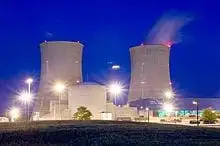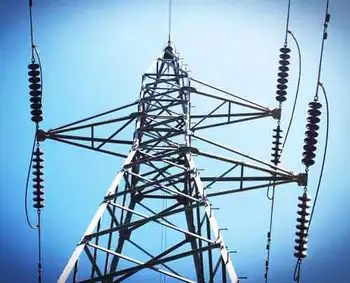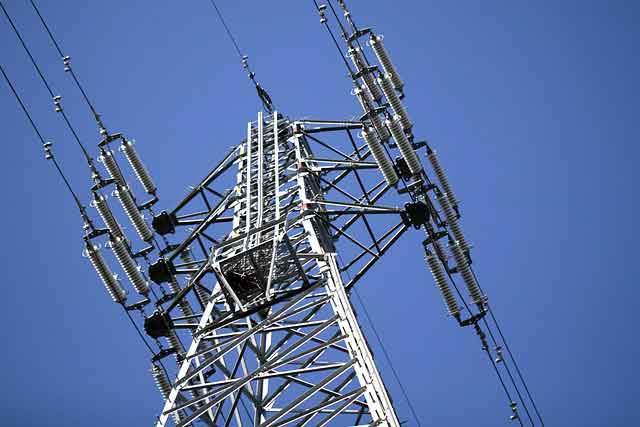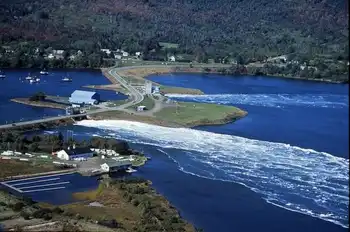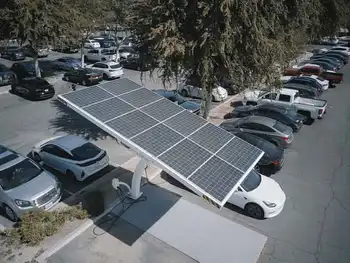EU, Africa team up to boost energy
By United Press International
High Voltage Maintenance Training Online
Our customized live online or in‑person group training can be delivered to your staff at your location.

- Live Online
- 12 hours Instructor-led
- Group Training Available
The so-called Africa-EU Energy Partnership, launched in Vienna by high-ranking officials from the EU and the African Union, is intended to improve Africans' access to electricity and contribute to the continent's 2020 renewable energy targets.
"Today 1.6 billion people worldwide have no access to electricity, most of them in sub-Saharan Africa and Southern Asia," EU Development Commissioner Andris Piebalgs said in a statement. "Africa has a vast untapped renewable energy potential, ranging from hydro, to solar, wind, geothermal and biomass, which could be used to ensure millions of people access to electricity."
Austrian Foreign Minister Michael Spindelegger, in the opening speech of the conference, said better access to energy is "key to Africa's sustainable economic development."
The plan, funded by the EU with an initial $6.5 million, contains pledges to build 10,000 megawatts of hydropower, at least 5,000 MW of wind turbines, 500 MW of solar power facilities and raise energy efficiency.
Energy Commissioner Guenther Oettinger added the EU and the AU had agreed to boost cooperation to "bring access to modern and sustainable energy services to at least an additional 100 million Africans to double the capacity of cross-border electricity interconnections within Africa and between Africa and Europe and to double the use of natural gas in Africa."
In many African countries, fewer than 10 percent of the rural population has access to electricity. Most of these households burn kerosene, wood or charcoal for lighting and cooking, resulting in health problems due to indoor air pollution. Only around 7 percent of Africa's hydro power potential is exploited, and much less of its wind and solar energy potential.
This should worry Europe, the commission says.
Global challenges such as "energy security, energy access and climate change mean that the energy futures of Africa and Europe are increasingly tied together," Brussels writes in a brochure about the program, intended to boost European and African investments in Africa's energy infrastructure.
Oettinger lauded as exemplary the $500 billion industry initiative Desertec, which aims to power Africa's as well as Europe's homes with green electricity generated in deserts in Africa and the Middle East.
The scheme focuses on concentrated solar power and photovoltaic installations, while also integrating wind farms and biomass plants. The companies involved say Desertec could supply most of the local and up to 15 percent of Europe's electricity by 2050. They also promised the African states involved access to green technology.






